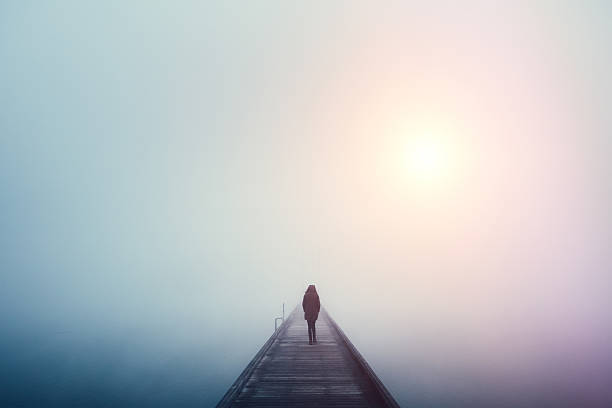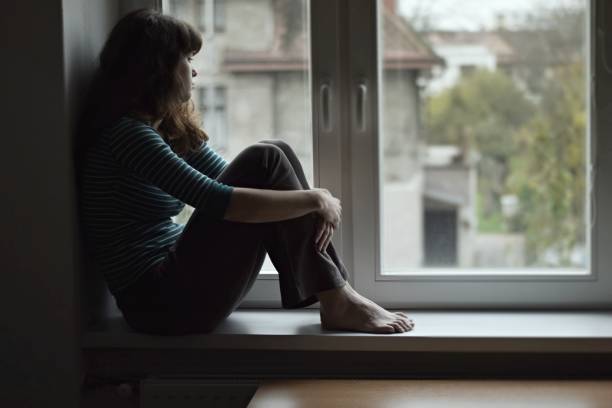Are you feeling Lonely or stuck?
It is our pleasure, purpose, and goal to share Connection - Holistic Lifestyle - Alternative Healing Treatments - Living Happier with New Thought - from original sources.
GlobalCnet is a collection of links to the original thought, research, new ideas, and found expert advice. We have assembled extensive information and facts to inspire YOU to further your education, skills, and desires on your specific subjects. When you click on a blue link, you arrive on a website, do your research, and observe all the other articles available to you. Record what you need. Share what you learned
GlobalCnet connected you, to make better-informed decisions.
This is a teaching and informative Web Site again, presenting original authors, like Harvard University, MedNet, Unstuck.com, Readers Digest, Mental Health, and documents from millions of Web Sites which were written, published, and illustrated with specific content to expand your knowledge for personal growth, health and answers. All this WWW content was meant for your reading and answers,
GlobalCnet just connected you.
It is our hope that you use all information for further answerers, ideas for more exploration, and the wisdom to share discoveries with others. It is all about having the right fast or safe connections. Everything has already been discovered, be smart, and use proven methods and spin your solutions to fit your needs.
Any questions, comments or to just say hello...leave a webmail .
Quick links to information and new ideas. click here.
OK...you are now on GlobalCnet. You can use the SEARCH BAR to quickly find subject information, or you can visit all the pages. Your visit will award an organized starting point leading to answers to your challenge.......just do it. Type in a word and hit search.
- Michael J. Malette, PhD
Founder, Global Connection Network, Inc.
Loneliness: Causes and Health Consequences
Loneliness is a universal human emotion that is both complex and unique to each individual. Because it has no single common cause, the prevention and treatment of this potentially damaging state of mind can vary dramatically. Click on the above link to verywellmind to begin your understanding of Loneliness.
Loneliness - Psychology Today
Though our need to connect is innate, many of us frequently feel alone. Loneliness is the state of distress or discomfort that results when one perceives a gap between one’s desires for social connection and actual experiences of it.
Identifying and Fighting Loneliness
Whether a person lives in isolation or not, feeling a lack of social connectedness can be painful. Loneliness can be described in different ways; a commonly used measure of loneliness, the UCLA Loneliness Scale, asks individuals about a range of feelings or deficits of connection, including how often they:
-
feel they lack companionship
-
feel left out
-
feel “in tune” with people around them
-
feel outgoing and friendly
-
feel there are people they can turn to
Given the potential health consequences for those who feel like they have few or no supportive social connections, widespread loneliness poses a major societal challenge. But it underscores the demand for increased outreach and connection on a personal level, too. Click on the above link to
Psychology Today to begin your understanding of Loneliness.
We Need to Understand the Difference Between Isolation and Loneliness
How many close friends and relatives do you have with whom you feel at ease and can discuss private matters?
How many of them do you see at least once a month?
Do you participate in any groups?
These are among the questions on a survey called the Berkman-Syme Social Network Index, which physicians use to determine whether someone is “socially isolated.”
People are considered isolated if they have fewer than six confidants, no spouse, and no group affiliations.
Those conditions make them less likely to report that they have someone they can count on to listen if they need to talk, give advice about a problem or show them love and affection.
But you can have plenty of connections, even close connections, and still feel lonely.
To assess that subjective state, clinicians may use the three-item U.C.L.A. Loneliness Scale, which asks:
How often do you feel you lack companionship?
How often do you feel left out?
How often do you feel isolated?
Social isolation and loneliness tend to go together.
Researchers have become increasingly aware, though, that you can experience one but not the other.
That means these states of being may have different causes, different impacts on health, and different potential solutions.
In February 2020, a report from the National Academies of Sciences, Engineering, and Medicine noted that a third of Americans over 45 feel lonely; a quarter of those over 65 are socially isolated.
Each condition increases a person’s risk of premature death from any cause — as much as or more than smoking or a lack of physical activity do — as well as the risk of heart disease and stroke.
Social isolation increased the risk of dementia 50 percent, and loneliness correlated with higher rates of depression, anxiety, and suicide.
Older adults, along with people in marginalized groups, are at heightened risk of both isolation and loneliness. Click on the above link to The New York Times Magazine to begin your understanding of Loneliness.

The Loneliness Pandemic
The psychology and social costs of isolation in everyday life
COVID-19 has pushed loneliness further into the public conversation as people across the country have stayed home, fearful of contracting a deadly virus and aiding its spread.
Terms like “social distancing,” “self-isolation,” and “shelter in place” accentuate the idea that COVID-19 could have profound social implications.
“A major adverse consequence of the COVID-19 pandemic is likely to be increased social isolation and loneliness,” argued several professors in The Lancet Psychiatry in April.
“Tracking loneliness and intervening early are important priorities.” “We’re all lonely now,” novelist Olivia Laing wrote in a New York Times column days after lockdowns began.
“Social distancing is vital, but that doesn’t make it easy.”
Be smart, click on the to Harvard Magazine and be informed.
ADDITIONAL GlobalCnet Resources. Just click on the links and be informed, be acive in your search of answers.
I still can' find what I am looking for.
Be smart. Get your ideas/answers here.











